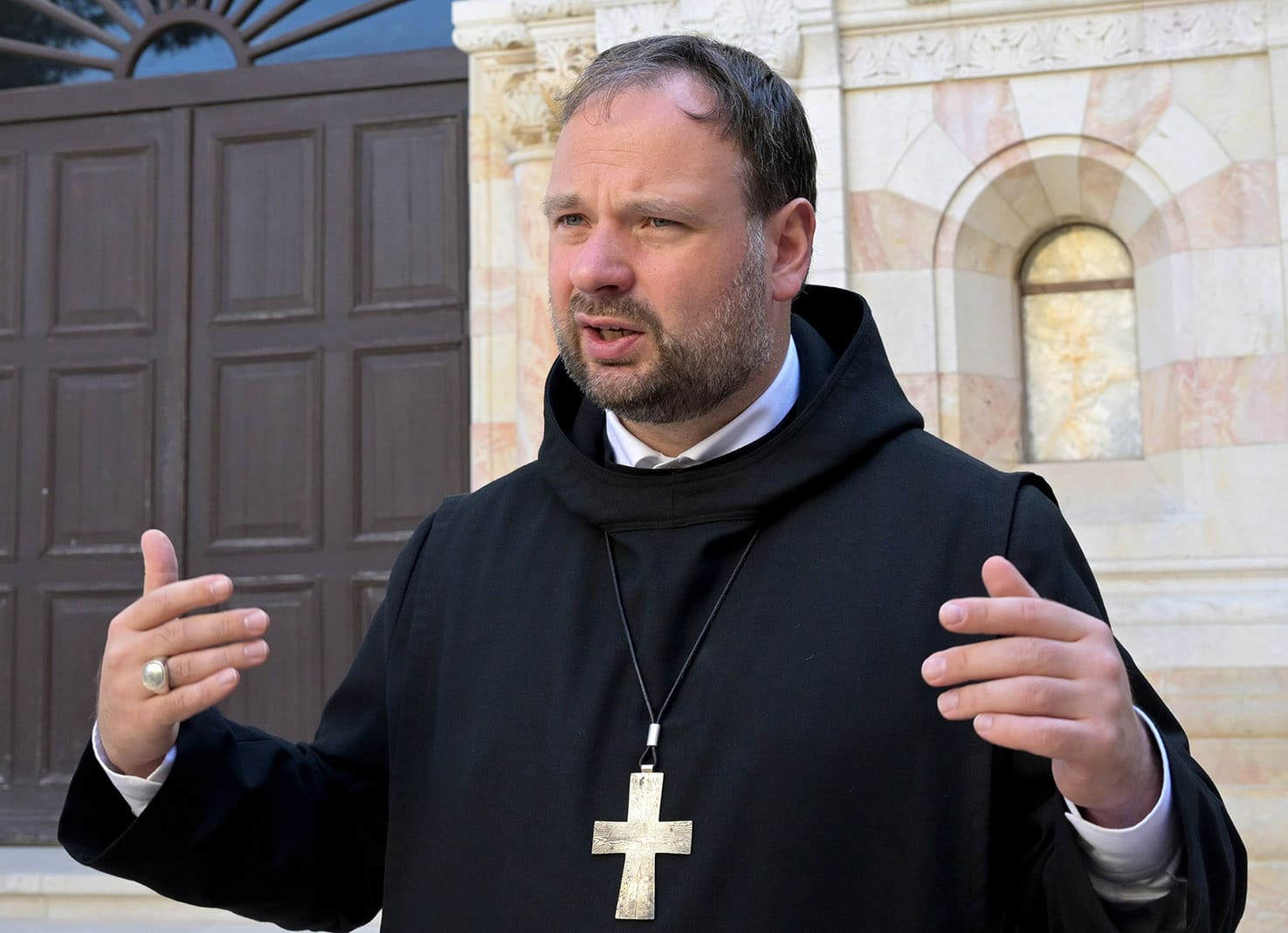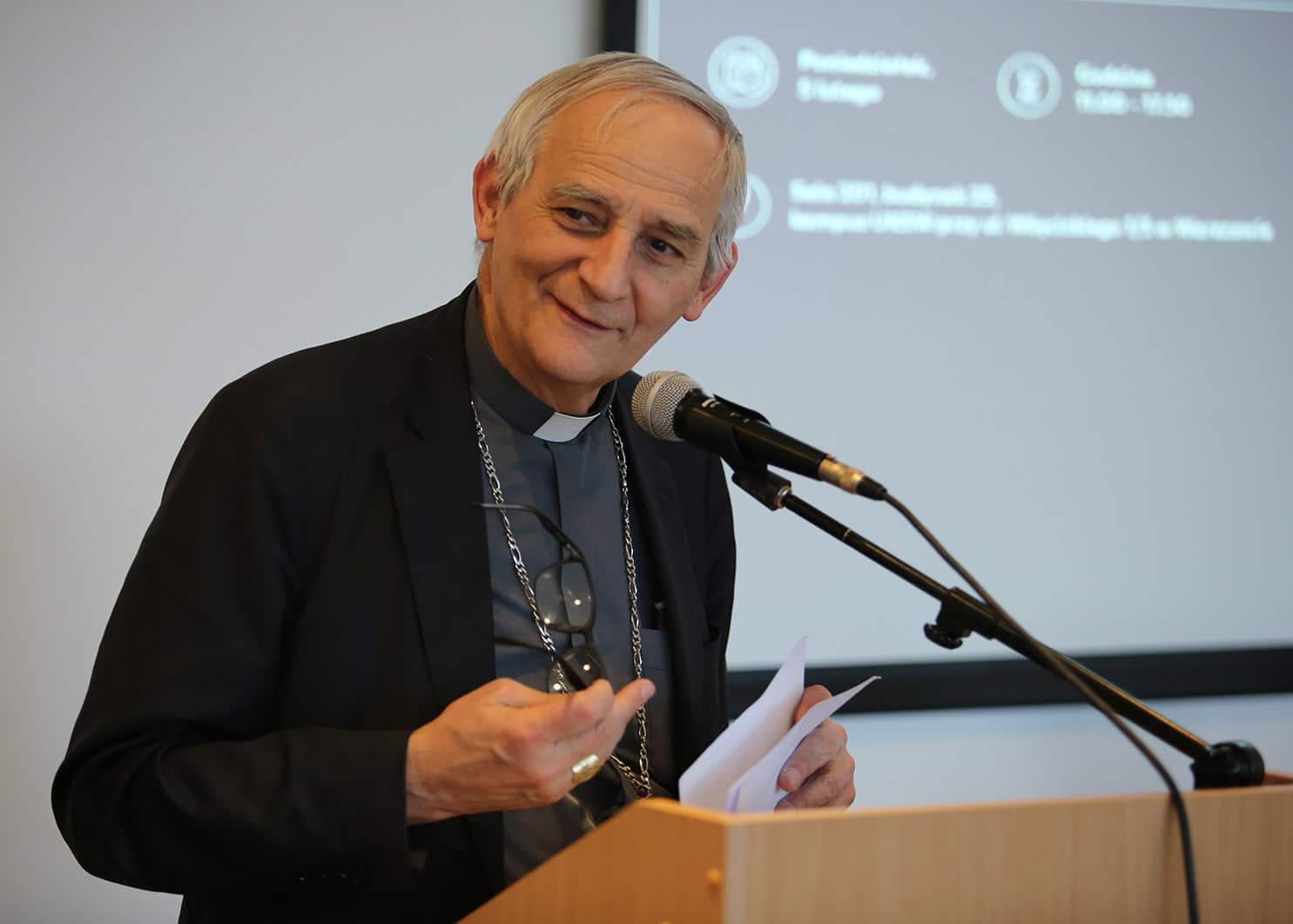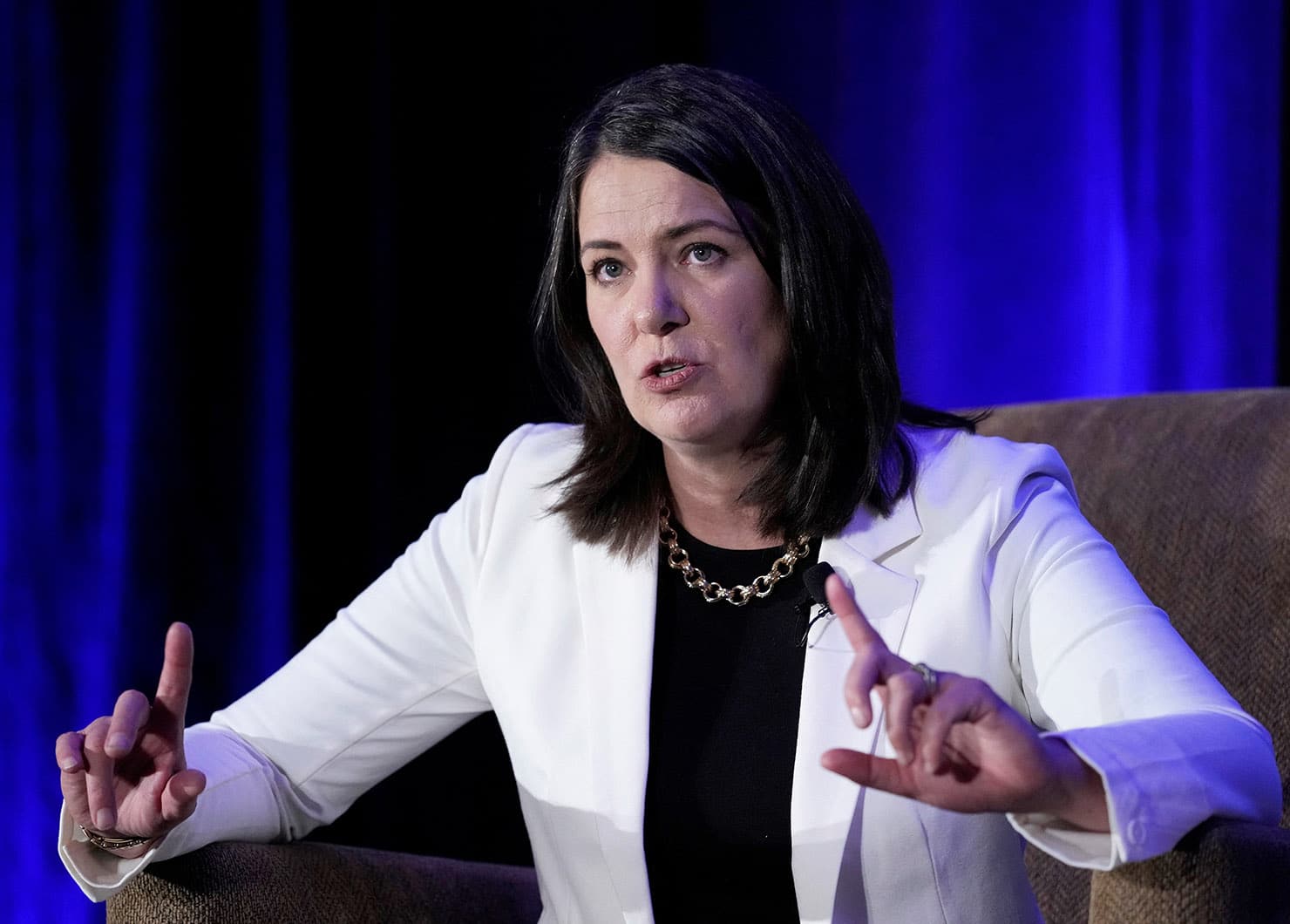(OSV News) — Catholic pro-life campaigners have vowed to resist liberalization of Poland’s abortion law in a package of radical measures proposed by the new coalition government.
“We face a struggle — what they’re planning is deeply worrying,” said Ewa Kowalewska, vice president of the Polish Federation of Pro-Life Movements.
“Despite efforts to persuade young women it’s something positive and good, easy-access abortion has long been opposed here. But the government holds all control mechanisms now, and society is unaware of what awaits it,” she said.
The veteran campaigner, a member of U.S.-based Human Life International, spoke as Prime Minister Donald Tusk’s government pressed ahead with legislation to allow abortion on demand up to 12 weeks and to make the morning-after pill available without a prescription to girls age 15 and up in the traditionally Catholic country.
In an OSV News interview, she said she feared the restoration of permissive abortion rules first introduced under communist rule, but cautioned that the government was “not unanimous” over the issue and would face “certain opposition” from Poland’s conservative president, Andrzej Duda.

Not safe for minors
Meanwhile, experts representing the Polish bishops’ conference also warned against liberalization, and said easy access to “emergency contraception” could harm young women’s health and fuel a dangerously “false sense of freedom.”
“Use of morning-after pills contributes to treating pregnancy as a problem that must be combated by all means, including abortion — from an ethical point of view, this is an abortive action,” the conference’s bioethics team, headed by Auxiliary Bishop Józef Wróbel of Lublin, said Feb. 2.
“We are particularly opposed to making these substances available to minors whose hormonal systems are not yet fully developed, especially when none has been sufficiently tested for their effect on women under 16,” they said.
Poland’s 1993 law allows abortions in cases of rape, incest and threats to the life or health of a mother, and was tightened in October 2020 when the Constitutional Court removed the right in cases of “severe and irreparable fetal damage,” sparking international criticism and protests by women’s groups.
Liberalization of the law, which also requires “all necessary help” for pregnant women and single mothers, was promised before Poland’s Oct. 15 parliamentary election by Tusk’s Civic Coalition, which also pledged over-the-counter “emergency contraception” and an end to conscientious opt-outs by medical staff.
Observers predicted Tusk could postpone abortion liberalization to avoid conflict with Poland’s predominant Catholic Church, which has avoided comment on the new government.
However, speaking Jan. 24, the prime minister said two liberalizing bills had now been tabled, while Poland’s health minister, Izabela Leszczyna, said Jan. 31 she also would ensure abortion was available in all state hospitals and disallow “so-called conscience clauses” if a woman was in danger.
Poland’s Ordo Iuris group of Catholic lawyers also cautioned Feb. 2 that doctors’ right to invoke a conscience clause on abortion was set out in the country’s constitution and could not be “limited by any ministerial regulation.”
Speaking at a Jan. 25 press conference, the Polish bishops’ spokesman, Jesuit Father Leszek Gesiak, said the “devastating” government bills risked bringing “death under the guise of euphemistic-sounding slogans.”

The minority is often right, archbishop says
Meanwhile, the bishops’ conference president, Archbishop Stanislaw Gadecki of Poznan, recalled warnings against abortion by the Polish pope, St. John Paul II, and urged President Duda and Polish parliamentarians to show “true concern for defenseless and unborn life.”
“I call on all people of goodwill to unequivocally declare themselves pro-life,” Archbishop Gadecki said in a Jan. 26 statement. “Although the majority makes decisions in a democracy, this doesn’t mean the majority is right. … What is right is not determined by the number of supporters of a given view — it is often on the side of the minority.”
Kowalewska said her federation, a grouping of 38 pro-life organizations, had welcomed Archbishop Gadecki’s appeal and hoped to cooperate with the Church in opposing liberalization of abortion laws.
“These changes are being pushed through under the slogan of equality, without any proper public information,” she said.
In a Jan. 31 statement, the federation said 69% of Poles had declared themselves against abortion on demand in an April 2023 survey by the Warsaw-based Public Opinion Research Centre (CBOS), with 65% opposing termination of a pregnancy based on personal or financial difficulties.
Meanwhile, in a Jan. 31 letter to Prime Minister Tusk, the Catholic Association of Polish Doctors said giving children the morning-after pill without prescription was “an irresponsible, conscious and deliberate act to their detriment,” and demanded “immediate withdrawal” of the government legislation.
In her OSV News interview, Kowalewska said many Poles were “in a state of shock” over rapid changes being pushed by Tusk’s government, and feared “outside interference” and a lack of “objective media guidance.”







